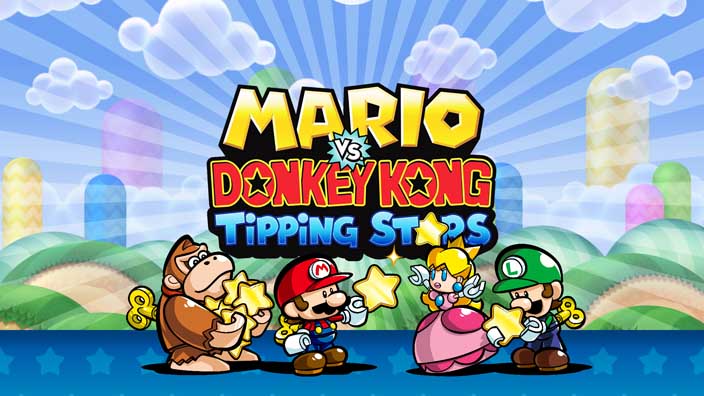
Somehow, two decades after the console's heyday, a project to fix its awkward controller was still enticing enough that people spent money to do it. The crowdfunding project was to redesign the N64 controller entirely, ditching the three-pronged approach altogether, and it got funded. There was a Kickstarter over two decades after the N64 first released that showed more than a few people disliked the system's controller. The kicker here is that, unlike the Xbox's original design, people aren't even that into the idea of the N64's controller making a comeback. While the controller functioned well enough in spite of this bizarre design choice, it's still one of the worst iterations of a Nintendo-owned controller schematic. It has one of the most bizarre shapes a controller has ever taken, adopting a three-pronged approach that was criticized at the time because, well, not many people have three hands, and there were buttons or analog sticks associated with all of the prongs. Let's get this out of the way: the N64 controller is just not very good. While Xbox boss Phil Spencer has gone on record as saying he'd be happy to work with Nintendo to get Banjo in Smash Bros., Nintendo hasn't even taken him up on that, indicating that the company would likely never entertain the idea of bringing Rare games onto an N64 Classic console, since the cost and effort would be much higher than just bringing Banjo onto the Smash roster. That means Rare's N64 games are protected under a very complex licensing web, and it also means Nintendo would have to produce an N64 Classic without these titles or pay a hefty sum, neither of which sounds appealing. Unfortunately for Nintendo fans, the company never bought Rare outright when the company was up for grabs, and Microsoft now owns the legendary studio. They are part of what made the N64 such a dominant force. Those games are locks for inclusion in an N64 Classic console. The licensing issues begin with the knowledge that many of Nintendo's best N64 titles were produced by Rare, including Banjo-Kazooie, Perfect Dark, and GoldenEye 007. For that reason, Nintendo avoiding an N64 Classic might be a smart move. There's only so much demand for premium video game items that aren't actually anything new, and we might be seeing where the limit on that demand is. These kind of Classic consoles only really appeal to a certain generation of video game fans.

While part of that reception was definitely on Sony, it's not hard to imagine that we're now experiencing a bit of a burnout among old school gaming fans.


Reviewers went hands on with the device and found it lackluster, absent any truly special inclusions or selling points to make it more than just a glorified emulator. The game lineup was revealed and criticized for being pretty soft, missing some of the staples of PlayStation history like Tomb Raider. While that console was also initially met with some extremely positive feedback, as the months went on, things took a turn for the worse. Looking to capitalize on what appeared to be a brand-new market ripe for the picking, Sony got in on the fun and announced the PlayStation Classic.


 0 kommentar(er)
0 kommentar(er)
